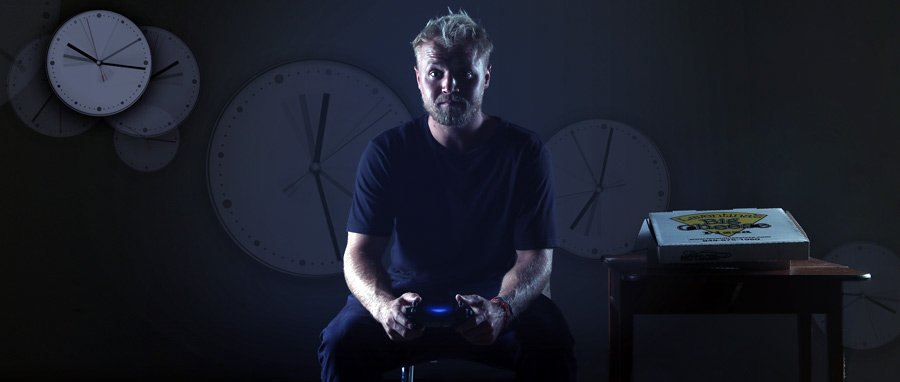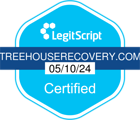Sober? Or abstaining from substances? Unpredictable relapse? Or set up behavior that lead back to active addiction? How many attempts at sobriety do you have? I accumulated at least half a dozen sobriety dates before achieving over 4 years and counting of continuous sobriety. Time and time again, I would fail and not understand why. True sobriety is something I desperately wanted. The consequences of active addiction would become worse, and I was aware that death would eventually be my outcome. So once again I would commit to myself and put the bottle down. The only problem is once the drink was no longer in my hand, I would have to replace it with something else. Whether it was a slice of pizza, a 20-pound weight, or even an x-box controller, I always found myself reaching for something external. I would find myself compulsively participating in various behaviors that would temporarily distract me until the next inevitable relapse. We refer to these as “maladaptive behaviors.”
Maladaptive behaviors are learned behaviors that someone can use in response to uncomfortable emotions that create a temporary and false sense of safety and security. They are an unconscious or even conscious reaction to adverse situations (activating events) that produce unwanted feelings. These behaviors are often compulsive and dysfunctional in nature and can be anything (even healthy activities) that are done or used in excess; for example, eating, romantic relationships, sleep, video games, working out, etc. To determine if a behavior is maladaptive, someone must first understand their motive and intent behind the behavior. “Am I going on a run because it is an activity I enjoy? Or am I dealing with external stressors that I am unwilling to acknowledge and therefore this run will be a form of denial/evasion?”
Another key factor is identifying and understanding our maladaptive coping behaviors. This can also reduce any shame and guilt I might develop based on my maladaptive behaviors. Root causes must be explored and a level of acceptance must be achieved to resolve these behaviors and eventually recover from active addiction. For example, if I am the product of abuse, I must enter a therapeutic relationship and move on from the trauma. Also, these old maladaptive behaviors can be replaced by more effective and sustainable healthy alternatives.
As you enter a life of sobriety, practice self-awareness and mindfulness. If recurring behaviors continue to lead you to a relapse or any unwanted emotional state, these behaviors are maladaptive and need to be explored. Be comfortable becoming vulnerable with your sober support system as you enjoy the gifts of healthy living.
If you want to get the help you need and you want to end the cycle of addiction, there is help and resources. Even if you are in early sobriety, or even in the later stages of your process and you are able to identify these maladaptive behaviors, there is help. A sober environment is essential for sustainable and long term sobriety. Tree House Recovery, offering both outpatient treatment as well as drug and alcohol free housing, is a viable option that you may wish to explore.






